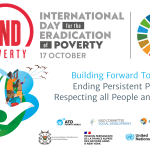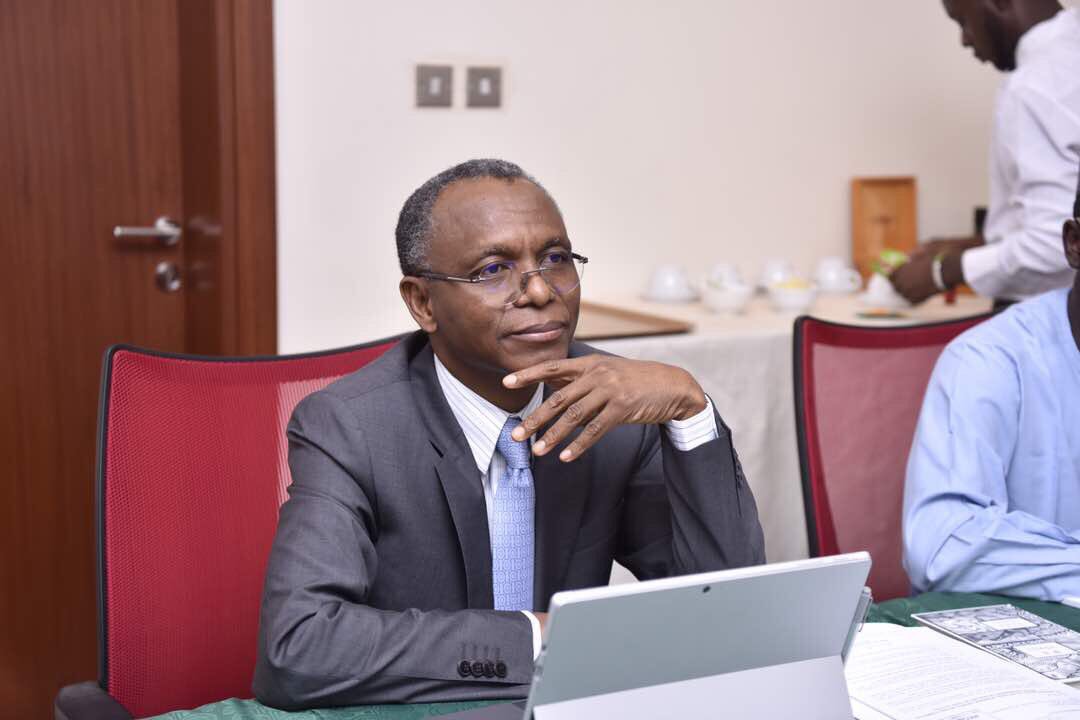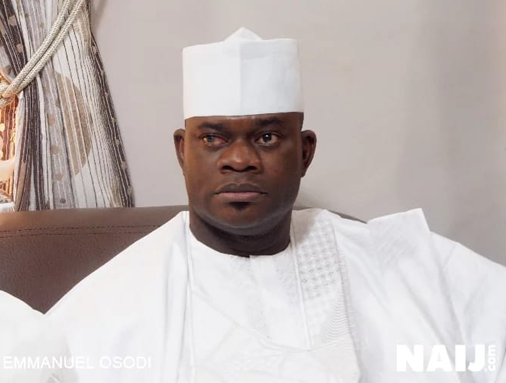BY KANMI ADEMILUYI
Perspectives on a social crisis
CALIFORNIA Dreaming? The evergreen hit associated with the band The Mamas and The Papas comes into mind when discussing a new law passed in the State of California.
The new law prevents the police from arresting anyone for stealing items under $900 dollars. The reason for this is that it “criminalises poverty”! The law has predictably put retailers high and low in a pickle. Understandably so.
The law reignites the discourse on the causes and effect of poverty. In our own Nigeria, nostalgia of the opportunist type has come with the bringing up of the late Bashorun MKO Abiola’s great 1993 manifesto “A farewell to poverty”. The irony is not lost; a political elite which has weaponised poverty is using MKO as a vote winning strategy.
In the same week, four political operatives were having their day in court over vote buying allegations during the last governorship election in the State of Osun. Widespread buying of votes is of course the result of the institutionalisation of poverty. No longer able to defer immediate gratification, the voter is now induced and has a compelling reason based on satisfying immediate need. Those who bought votes are not “Good Samaritans”, they intend to maintain this framework of dependency and subservience forever. They are certainly not in the business of saying a farewell to poverty, on the contrary they thrive on it.
This is unfortunate; for a much-needed war on poverty should be a fiscal stimulus as well as the trajectory for sustainable development.
Building Social Capital
The present framework based on the weapanisation of poverty has exhausted the limits of its possibilities and in the aftermath of #EndSARS has become a persistent threat to the self-preservation of the elite itself. Unfortunately, the manifestos of the leading contestants don’t inspire confidence that they are aware of the existential threats involved. To be aware is to make sacrifices which they are averse to. This will involve a fundamental and irreversible re-direction of the public sector from a gargantuan bureaucracy into production to develop and deepen economic and social capital.
Social capital leading to an ever-increasing middle class is a pivotal defense of democracy. It requires a new deal and citizens involvement in education, health and housing as production generating bases.
In this area, we must learn invaluable lessons from the ‘free’ education policies of the western region in the nineteen fifties, and the housing programs of the Shehu Shagari and Lateef Jakande governments in the nineteen seventies. The programs invigorated society strengthened the productive base and deep end social cohesion. They acted as stabilising buffers and led to a fairer society.
It is unfortunate that within the structures erected in the context of a rent collecting economy this is not about to be done again.











